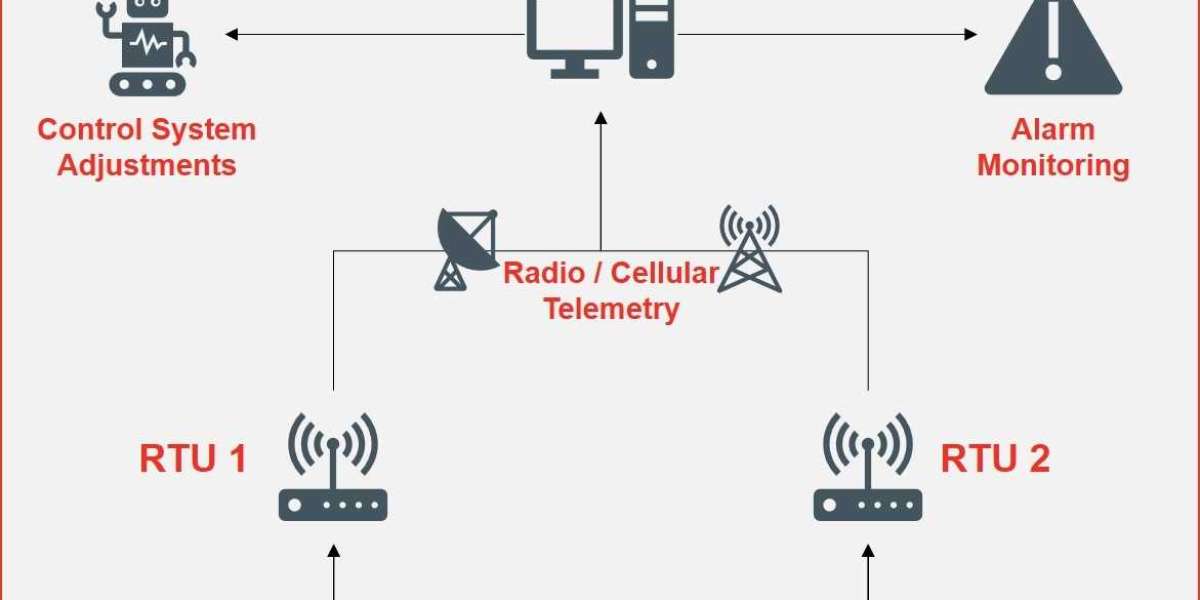In the realm of industrial automation, Supervisory Control and Data Acquisition (SCADA) systems have emerged as pivotal tools revolutionizing the way processes are monitored and controlled. With the global SCADA market projected to witness substantial growth, reaching an estimated value of US$ 72.5 billion by 2031, it's imperative to understand the factors propelling this evolution and the significant role SCADA plays in the Industry 4.0 landscape.
At its core, SCADA facilitates the real-time gathering and analysis of data from remote locations, empowering organizations to make informed decisions regarding industrial processes. As industries increasingly embrace Industry 4.0 principles, the integration of Information Technology (IT) and Operational Technology (OT) becomes paramount. SCADA serves as the linchpin in this convergence, enabling seamless communication and data exchange between disparate systems within smart factories.
One of the key drivers behind the proliferation of SCADA systems is the relentless pursuit of efficiency and cost-effectiveness across various sectors. Whether it's optimizing electrical distribution networks or streamlining manufacturing processes, SCADA offers a suite of benefits including increased reliability, enhanced safety, and reduced downtime. By providing operators with real-time insights and control over critical systems, SCADA mitigates risks and empowers proactive maintenance regimes, thereby minimizing disruptions and maximizing productivity.
The application of SCADA extends across a myriad of industries, from power generation and water management to transportation and manufacturing. In the realm of electrical distribution, for instance, SCADA systems play a pivotal role in optimizing power grids, ensuring maximum efficiency, and facilitating rapid response to potential network issues. Similarly, in manufacturing, SCADA enables operators to visualize and analyze production processes in real-time, driving informed decision-making and process optimization.
Get Sample PDF Copy: https://urlis.net/zty10z2m
The regional dynamics of the global SCADA market further underscore its significance in driving industrial automation. In North America, burgeoning investments in smart city initiatives are fueling demand for SCADA systems, particularly in sectors such as traffic control and wastewater management. Meanwhile, Asia Pacific emerges as a hub for automation technologies, with major companies spearheading innovation in smart grids, renewable energy, and transportation sectors.
In this landscape, key players in the SCADA market are vying to capitalize on the immense growth opportunities by leveraging advanced technologies and diversifying their product portfolios. Companies like ABB Ltd., Siemens AG, and Schneider Electric SE are at the forefront, spearheading innovations and strategic collaborations to stay ahead in the competitive landscape.
Looking ahead, the trajectory of the SCADA market is poised for continued expansion, driven by the relentless march towards Industry 4.0 adoption and the incessant quest for operational excellence across industries. As SCADA systems evolve to meet the ever-changing demands of the digital age, they will continue to be the cornerstone of industrial automation, empowering organizations to thrive in an increasingly complex and interconnected world.


